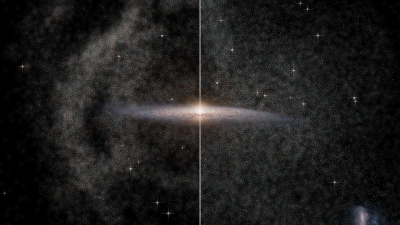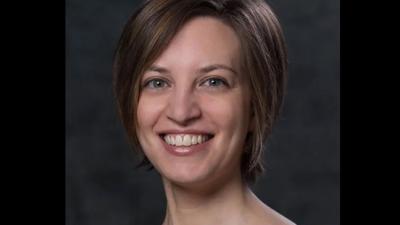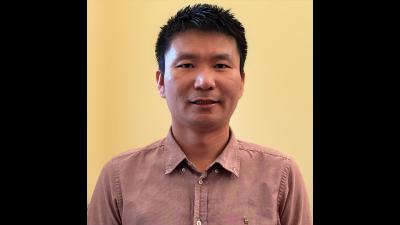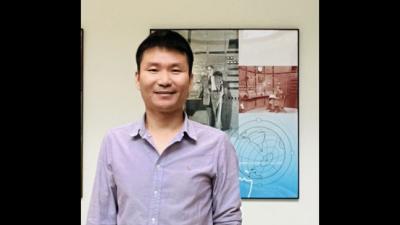
Rensselaer Polytechnic Institute’s Heidi Jo Newberg, Ph.D., professor of astronomy; Tom Donlon, Ph.D., a visiting researcher at Rensselaer and a postdoctoral researcher at the University of Alabama; and their team have recently published research that reveals a shocking discovery about the history of our universe: the Milky Way Galaxy’s last major collision occurred billions of years later than previously thought.
...read more

Six RPI students have been awarded fellowships from the National Science Foundation’s Graduate Research Fellowship Program (GRFP).
...read more

Rensselaer Polytechnic Institute’s Esther Wertz, Ph.D., associate professor in the Department of Physics, Applied Physics, and Astronomy, has been appointed Rensselaer’s faculty fellow of UPWARDS for the Future. UPWARDS stands for the U.S.-Japan University Partnership for Workforce Advancement and Research & Development in Semiconductors. It was established in May 2023 by Micron and Tokyo Electron Limited to “to bring together 11 universities from across the U.S. and Japan to develop leading semiconductor curricula, creating opportunities for cross-collaboration.”
...read more

Jian Shi, Ph.D., associate professor in both the Department of Materials Science and Engineering and the Department of Physics, Applied Physics, and Astronomy at Rensselaer Polytechnic Institute (RPI), has been selected for the Simons Foundation's Pivot Fellowship.
...read more

Rensselaer Polytechnic Institute’s Jian Shi, Ph.D., associate professor of materials science and engineering, as well as physics, applied physics, and astronomy, has won the prestigious 2023 IEEE Ferroelectrics Young Investigator Award. The award recognizes “the important contributions of young scientists/engineers in reference to their contributions to fundamental research, integration, application, or education.” Recognizing only one or two exceptional scientists in the relevant field each year, this highly competitive award serves as a prestigious accolade for independent scholars under or at the age of 40.
...read more

